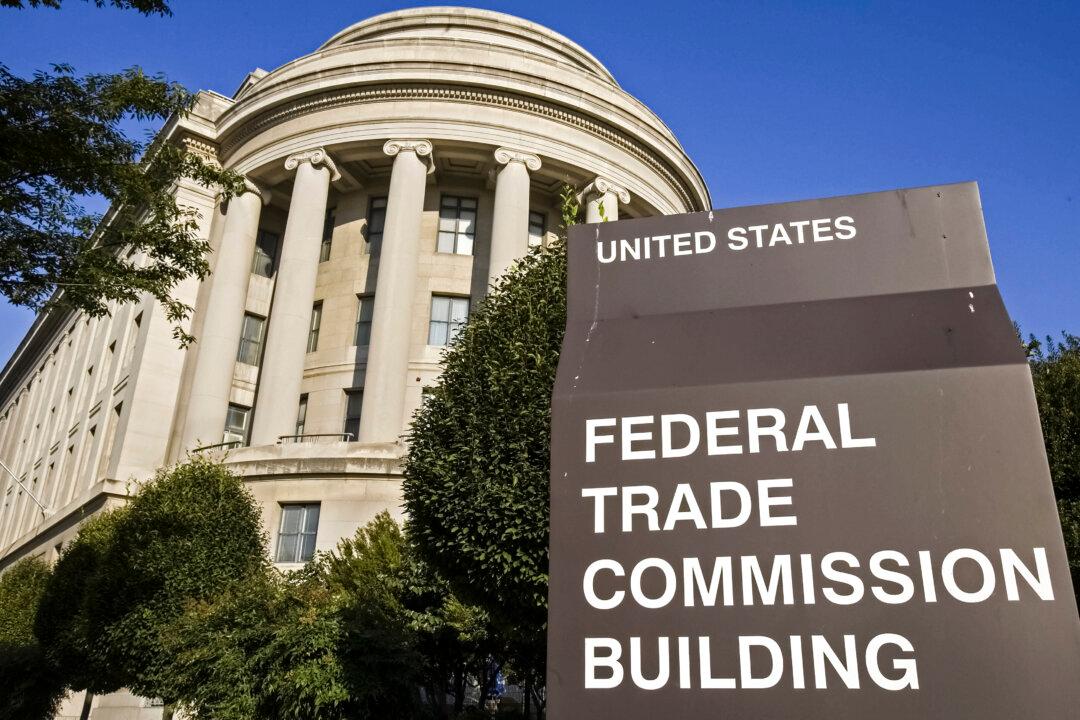Auto insurance agency CarShield has agreed to pay $10 million to settle U.S. Federal Trade Commission (FTC) charges of allegedly deceptive and misleading advertising, the FTC said on July 31.
The Missouri-based company, also known as NRRM LLC, advertises and sells vehicle service contracts to consumers throughout the United States for approximately $80 to $120 a month, according to the FTC’s complaint.




